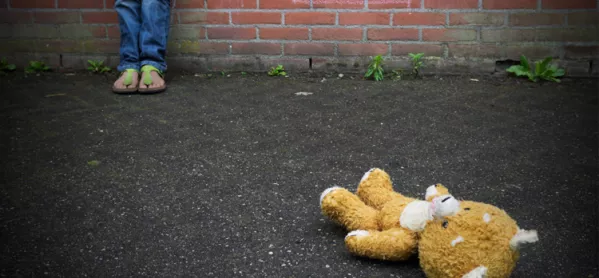Last night I went to watch Goodnight Mister Tom. I sobbed my way through the second half, not just because of the plot, but because of how it made me reflect on the reality for children like Willie Beech today.
For those who are not aware of this story, it is based on a children’s novel by the English author Michelle Magorian. It features a boy, Willie, abused at home in London by his mother who has mental health issues.
Willie is evacuated to the country at the outbreak of the Second World War. In the care of Mister Tom, an elderly recluse, he experiences a new life of love and support. He eventually goes on to a life of happiness with Mister Tom.
What would the reality have been for Willie if he was a child in our school system today? Would he have been spotted? Would social services have done what was necessary to get him out of that situation? Would he have had the support to achieve the happy ending of a full and happy life?
Thousands of children face similar issues to Willie on a daily basis in England and I work with some of these children. Each day I witness the impact of significant trauma on young lives. Each day I fear we don’t do enough to ensure they have a positive future.
Support services are overstretched
You cannot solve every problem instantly, which is what those setting policy for education and the social care system seem to believe.
We have an education system that wants quick results, that believes if we swoop in and “save” the child then everything will be OK and that these children can go on to get those much-needed high grades. Anyone who says different is guilty of “low expectations” - there is a perverse belief that all these kids need are boundaries, that we can overcome the home environment.
And we have agencies that are over-stretched and working at full capacity, which have only enough resources to help those who struggle at the very extreme of the spectrum. And which can only help for a short time.
We - teachers and social workers alike - want to do our best and support as many young people as possible. But I fear the volume of young people in desperate need of support and the capacity available to help - and some of the attitudes now prevalent in both sectors - mean happy endings for these children are possible only in fiction.
The writer is a social worker who works exclusively with schools. She is a former teacher
Want to keep up with the latest education news and opinion? Follow TES on Twitter and like TES on Facebook




